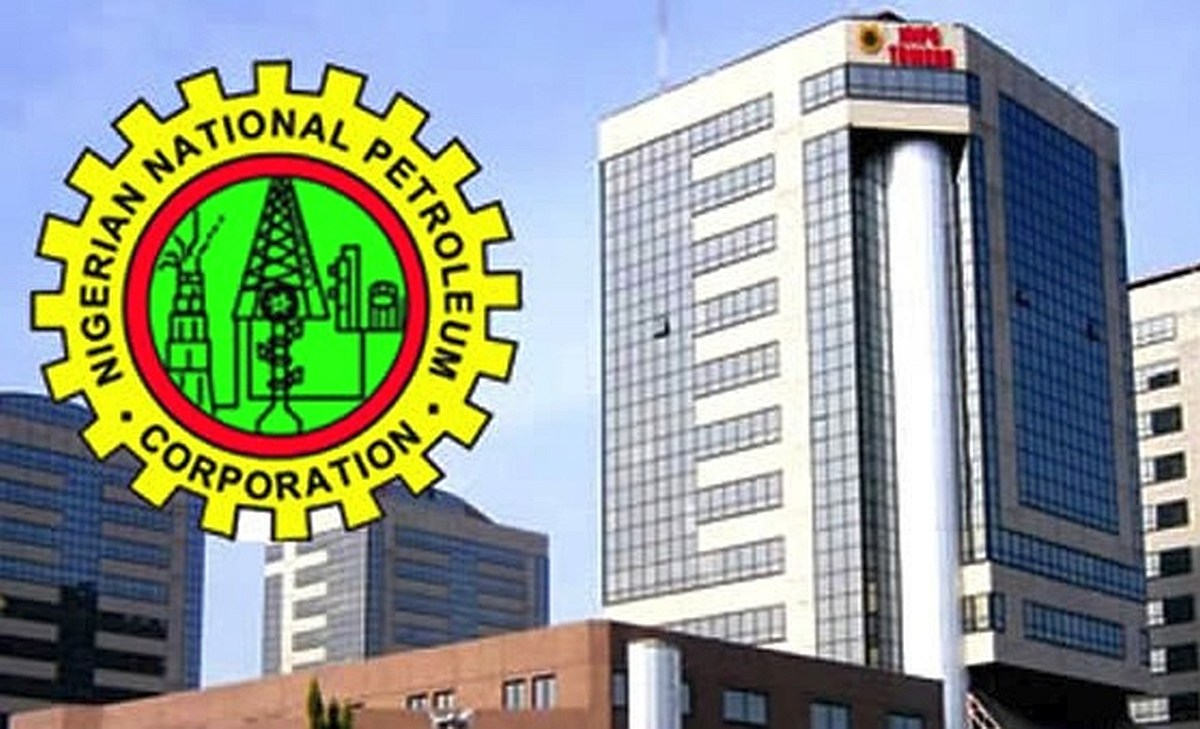Fuel subsidy appeared to have returned, as the Nigerian National Petroleum Corporation, NNPC, said it recorded ‘under recovery’ of N49.86 billion between January and March 2017.
Under-recovery in downstream petroleum marketing parlance, is when the expected open market price of PMS — which includes the cost of importation and distribution of the commodity, such as marketers’ margins, landing cost and freight cost — is below the approved official retail price at the pump.
Giving a breakdown of the figures, the NNPC in its latest financials, the March 2017 Monthly Financial and Operations Report, said it recorded under-recoveries of N37.26 billion, N6.3 billion and N6.3 billion for January, February and March 2017 respectively.
Though the NNPC did not state the amount per litre, the total amount was charged from proceeds of its domestic crude oil and gas sales.
Today, with the retail price of PMS at N145 per litre, the NNPC is absorbing the extra cost and is paying the subsidy to itself, as it is currently the sole importer of the commodity into the country.
In an analysis of its total receipt in for the months, the report disclosed that the NNPC recorded Domestic Crude Oil and Gas receipt of N132.202 billion in January 2017, rising to N171.786 billion in February, while in March, it recorded N134.96 billion.
Of the total receipts, the NNPC, after appropriating for the under recovery, crude oil and product losses, and pipeline repairs and management cost, transferred N49.17 billion, N61.29 billion and N46.46 billion for January, February and March 2017 respectively, to Joint Venture Cash Calls, JVCC.
The NNPC, the report also revealed, transferred a total of N89.36 billion, N116.83 billion and N94.83 billion to the Federation Account in January, February and March 2017 respectively, for onward distribution to the three tiers of government.
In its financials over the last couple of months, the NNPC stopped appropriating for fuel subsidy in January 2016 up until December 2016. However, in January 2017, it returned, under a new heading — ‘Under Recovery.’
This might not be unconnected with the increase in the price of crude oil in the international market, from about $20 per barrel in 2015 to about $50 per barrel for the most part of 2017.
It can also be attributed to the declining value of the naira and scarcity of foreign exchange, especially the dollar.
The increase in the price of crude oil, low value of the naira and difficulties in accessing foreign exchange, had forced oil marketers to discontinue fuel import, leaving the NNPC as the sole importer of the commodity into the country, through its numerous arrangements, such as the Direct sale-Direct Purchase (DSDP) arrangement.
Minister of State for Petroleum Resources, Mr. Ibe Kachikwu, had a few weeks ago, stated that the downstream and midstream sectors of the Nigerian petroleum industry continue to remain challenged, disclosing that the price of Premium Motor Spirit, PMS, was rising above the current pump price.
He said, “The environment has since changed after the review in May 2016. When we did all these, pricing for crude oil was more in the $25 to $30 per barrel; today, it is in excess of $54, which is fantastic because it means that our revenue stream is improving.
“But, it is a twin window, whenever the price of crude oil goes up, obviously the price of refined petrol goes up and we begin to have systemic challenge in terms of the pricing on the local base. So that gap has begun to return and today what you find is that the NNPC continues to import massively on behalf of the Federal Government. It has gone back to about 90-95 per cent for the whole country; therefore, its books are absorbing some of the cost implications of this.
“The second is that once this happens the marketers begin to shift backwards. Participation by individual marketers to help us continue the normal business and marketing cycle that should be what you expect does no longer exist. Most of them are not importing.”

